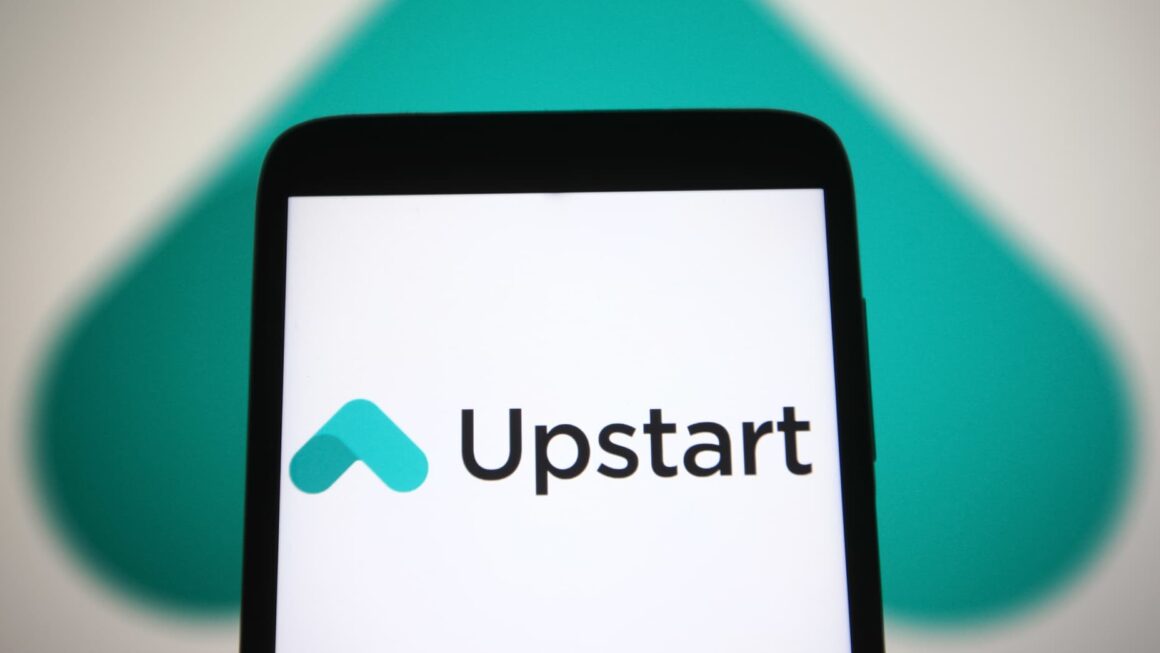Islami Bank Bangladesh Limited: Redefining Banking Through Ethical Practices and Financial Inclusion
Islami Bank Bangladesh Limited (IBBL) stands as a unique and transformative force within the country’s financial landscape, driven by its commitment to ethical banking practices, Sharia-compliant services, and social welfare. Since its establishment, IBBL has not only redefined the concept of banking in Bangladesh but has also played a significant role in fostering economic growth and financial inclusion.
Foundation of Ethical Banking:
Founded in 1983, Islami Bank Bangladesh Limited was established as the first interest-free Islamic bank in Southeast Asia. This groundbreaking initiative was rooted in the principles of Sharia-compliant banking, with a focus on prohibiting interest-based transactions and adhering to ethical financial practices. The bank’s foundation is built on the principles of justice, equity, and social responsibility.
Sharia-Compliant Financial Services:
At the heart of IBBL’s operations is its commitment to providing financial services that adhere to Islamic principles. The bank offers a comprehensive range of Sharia-compliant products and services, including savings accounts, investment accounts, trade financing, and project financing. These services are designed to align with the tenets of Islamic finance, avoiding interest-based transactions and adhering to ethical guidelines.
IBBL’s unique approach to finance has resonated with a broad spectrum of customers, including individuals, businesses, and government entities. This inclusive approach to financial services has contributed to the bank’s growth and its role in fostering economic development.
Social Welfare and Community Impact:
IBBL’s ethos extends beyond banking services. The bank is deeply committed to social welfare and community development. Through its Islami Bank Foundation, established in 1984, IBBL has launched various initiatives that span education, healthcare, disaster relief, and poverty alleviation.
The foundation’s activities include providing scholarships to underprivileged students, funding healthcare facilities in rural areas, and offering support during times of natural disasters. These efforts underscore IBBL’s commitment to fulfilling its social responsibility and positively impacting the lives of the communities it serves.
Financial Inclusion and Technological Advancements:
IBBL’s commitment to financial inclusion is evident through its extensive branch network, which reaches both urban centers and remote rural areas. The bank’s geographic reach ensures that a wide range of individuals and communities have access to formal financial services.
Furthermore, IBBL has embraced technological advancements to enhance customer experiences. The bank’s digital banking services enable customers to perform transactions, check balances, and manage their finances conveniently through online platforms and mobile apps. This digital transformation aligns with global trends while maintaining IBBL’s commitment to ethical banking practices.
Challenges and Future Directions:
Navigating challenges inherent to the financial sector, including regulatory compliance, technological innovation, and competition, is an ongoing endeavor for IBBL. However, the bank’s adherence to ethical principles, dedication to financial inclusion, and proactive approach to change position it well to overcome these challenges.
Looking ahead, IBBL’s future prospects are promising. Its focus on ethical banking, financial inclusion, and community welfare will likely continue to guide its strategic decisions. By leveraging technology, expanding its services, and maintaining its commitment to ethical practices, IBBL can continue to be a driving force for positive change in Bangladesh’s financial landscape.
Conclusion:
Islami Bank Bangladesh Limited’s journey from its inception to its present stature exemplifies its dedication to ethical banking, social responsibility, and financial inclusion. By providing Sharia-compliant services, supporting community welfare, and embracing technology, IBBL has not only established itself as a leading financial institution but has also demonstrated the transformative power of banking in driving both economic growth and social progress. As it continues to shape the future of banking, IBBL’s legacy of ethical practices and community impact will continue to resonate for generations to come.











